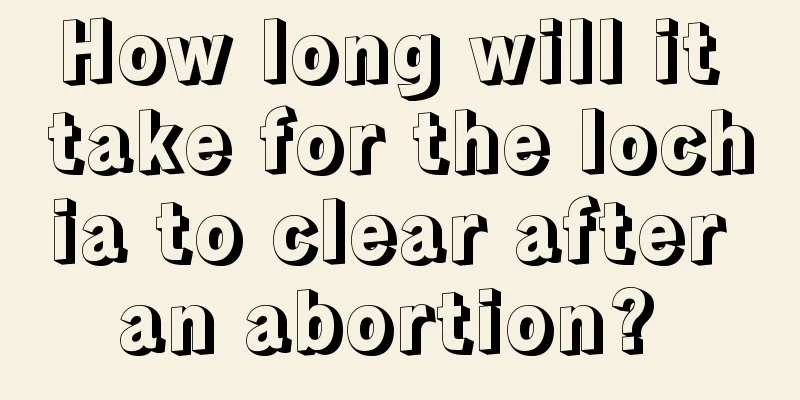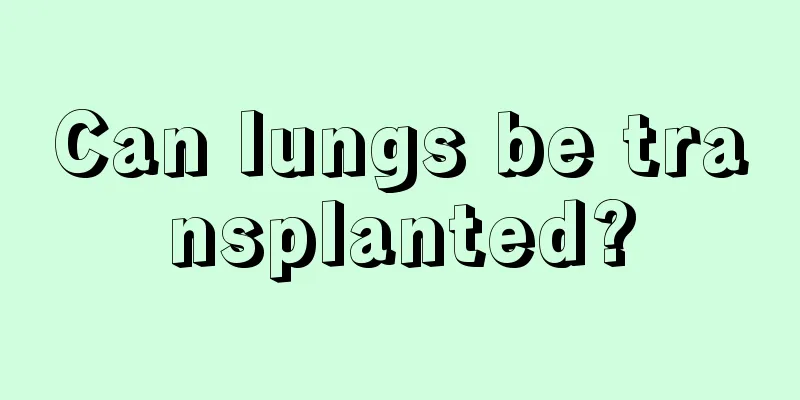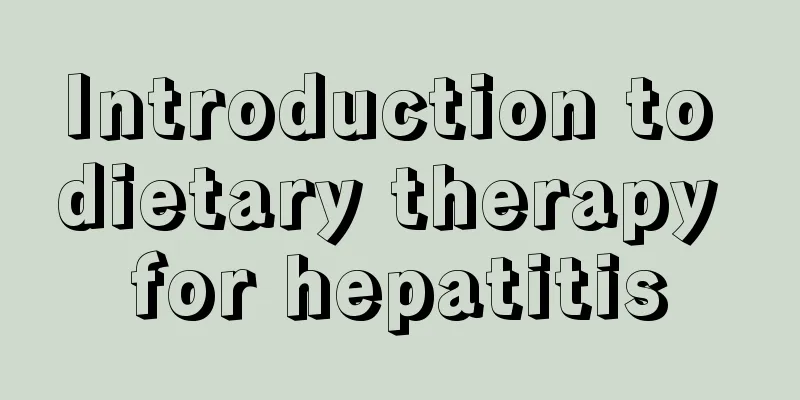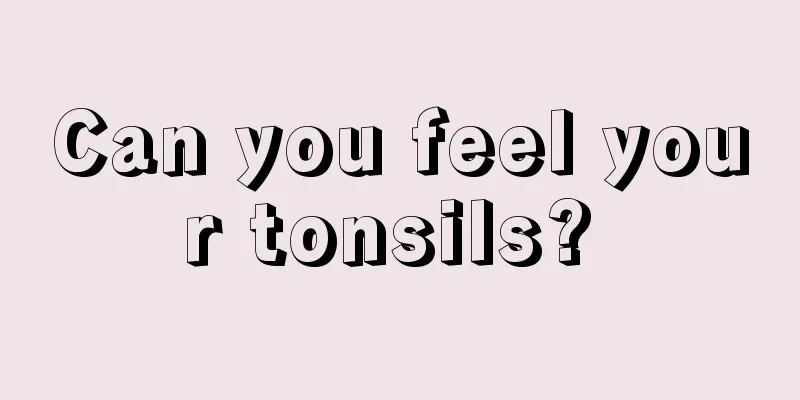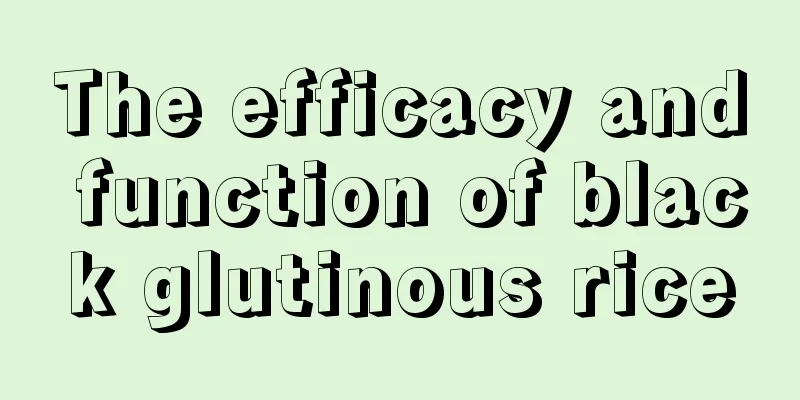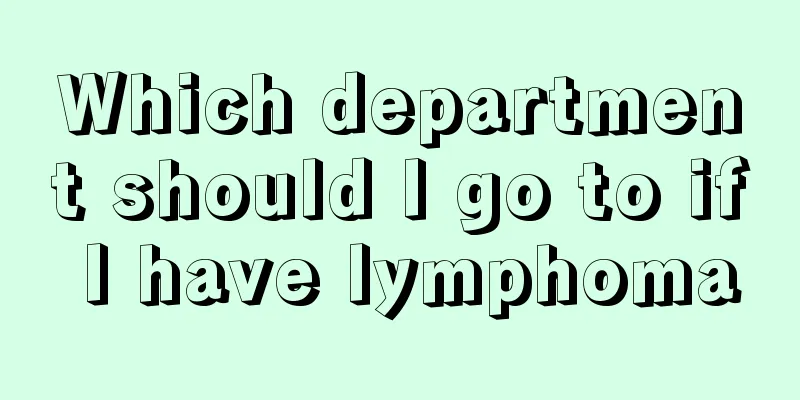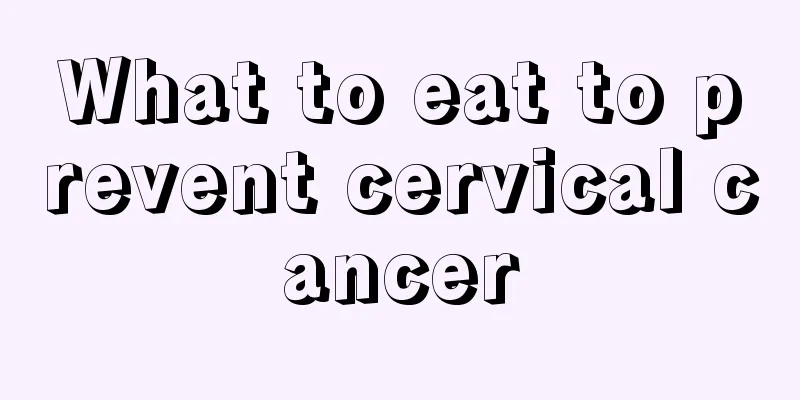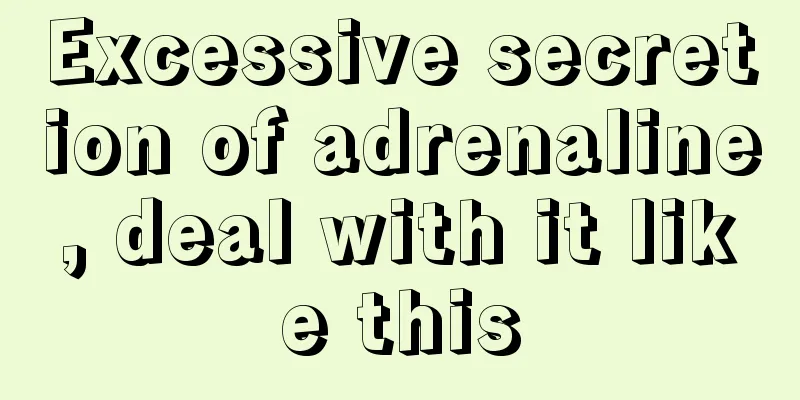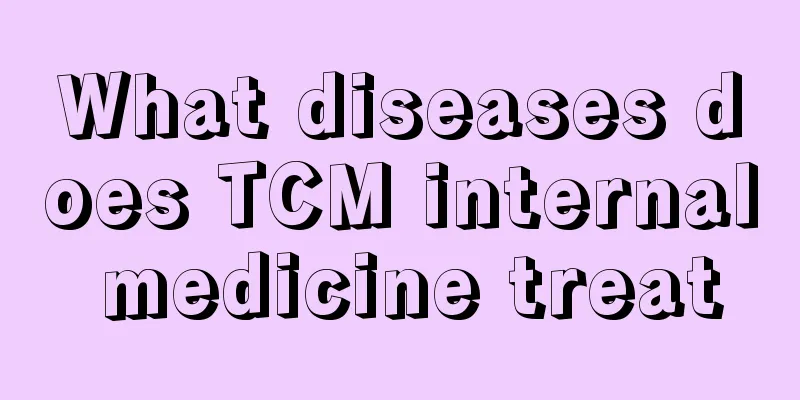About the treatment of dilated cardiomyopathy
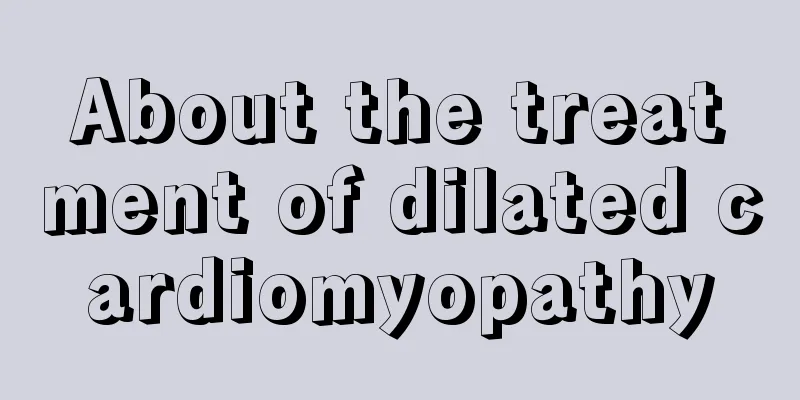
|
There are left and right ventricles in the heart. If one ventricle or both ventricles are enlarged, this disease will occur. Dilated heart disease can lead to continuous failure of heart function, so treatment needs to be timely. The treatment of dilated cardiomyopathy should be chosen according to the patient's physical condition. 1. Rest and avoiding fatigue must be emphasized. People with enlarged heart and decreased heart function should pay more attention and rest for a long time to avoid worsening of the condition. 2. The treatment principles for patients with heart failure are the same as those for general heart failure, using cardiotonic drugs, diuretics and vasodilators. Due to extensive myocardial damage, Rehmannia and diuretics are helpful. When glomerular filtration is low, hydrochlorothiazide may be ineffective. At this time, loop diuretics such as furosemide are needed. Vasodilators, such as angiotensin-converting enzyme inhibitors, are also useful. They should be started at low doses and care should be taken to avoid hypotension. In recent years, it has been found that beta-blockers are effective in treating heart failure. The mechanism may be that in chronic heart failure, adrenergic nerves are overexcited and beta-receptor density is downregulated. In this disease, its degree is greater than after myocardial infarction. After using beta-blockers, the harmful effects of overexcitation of adrenergic nerves are eliminated, and beta-receptor density in the myocardium is upregulated. It is known that β1 is good. Start with a very small dose and then slowly increase the dose. This treatment can prolong the patient's life. 3. Patients with arrhythmias, especially those with symptoms, need to be treated with antiarrhythmic drugs or electrical methods. Patients with rapid ventricular rhythm and high-degree atrioventricular block who are at risk of sudden death should be treated actively. 4. Oral anticoagulants or antiplatelet drugs can be used to prevent embolic complications. 5. Drugs that improve myocardial metabolism, such as vitamin C, adenosine triphosphate, coenzyme A, cyclic adenosine monophosphate, coenzyme Q10, etc., can be used as auxiliary treatments. 6. For patients with long-term heart failure who have not responded to medical treatment, heart transplantation should be considered. After the operation, infection should be actively controlled, immunosuppression should be improved, and rejection should be corrected. The survival rate can reach more than 85% after one year. |
<<: What causes gout? Six factors that cause gout
>>: What are the stage symptoms of dilated cardiomyopathy?
Recommend
Functions of a food processor
Nowadays, many middle-class families own a food p...
What are the symptoms of ovarian tumors
As part of the female reproductive system, the ov...
What three beans are in the three-bean soup for fever
Three-Bean Soup for Fever is a traditional Chines...
What are the early symptoms and signs of uterine cancer?
Early symptoms and precursors of uterine cancer m...
What are the main hazards of hamartoma
The deterioration of the environment, unsafe diet...
Herpes simplex on lips
Herpes simplex labialis is one of the most common...
What are the magical effects of Shenling Baizhu Powder
Shenling Baizhu San is mainly used to regulate ga...
Don't get pregnant during radiotherapy for laryngeal cancer
Wang Xiao and her husband Zhang Xin have been mar...
What are the effects and functions of blue sandstone
Blue sandstone can help calm the nerves, and can ...
What are the early symptoms of bladder cancer
The early symptoms of bladder cancer may be painl...
What are the dangers of thrombosed external hemorrhoids?
Thrombosed external hemorrhoids are a common type...
Do ceramic curling irons damage hair?
It is natural for women to love beauty, and a bea...
There is a dent in the middle of the nail
There is a depression in the middle part of the n...
Is genetic testing necessary for advanced lung cancer?
Is genetic testing necessary for advanced lung ca...
How does Marburg virus spread?
Marburg virus is a virus that frequently appears ...
